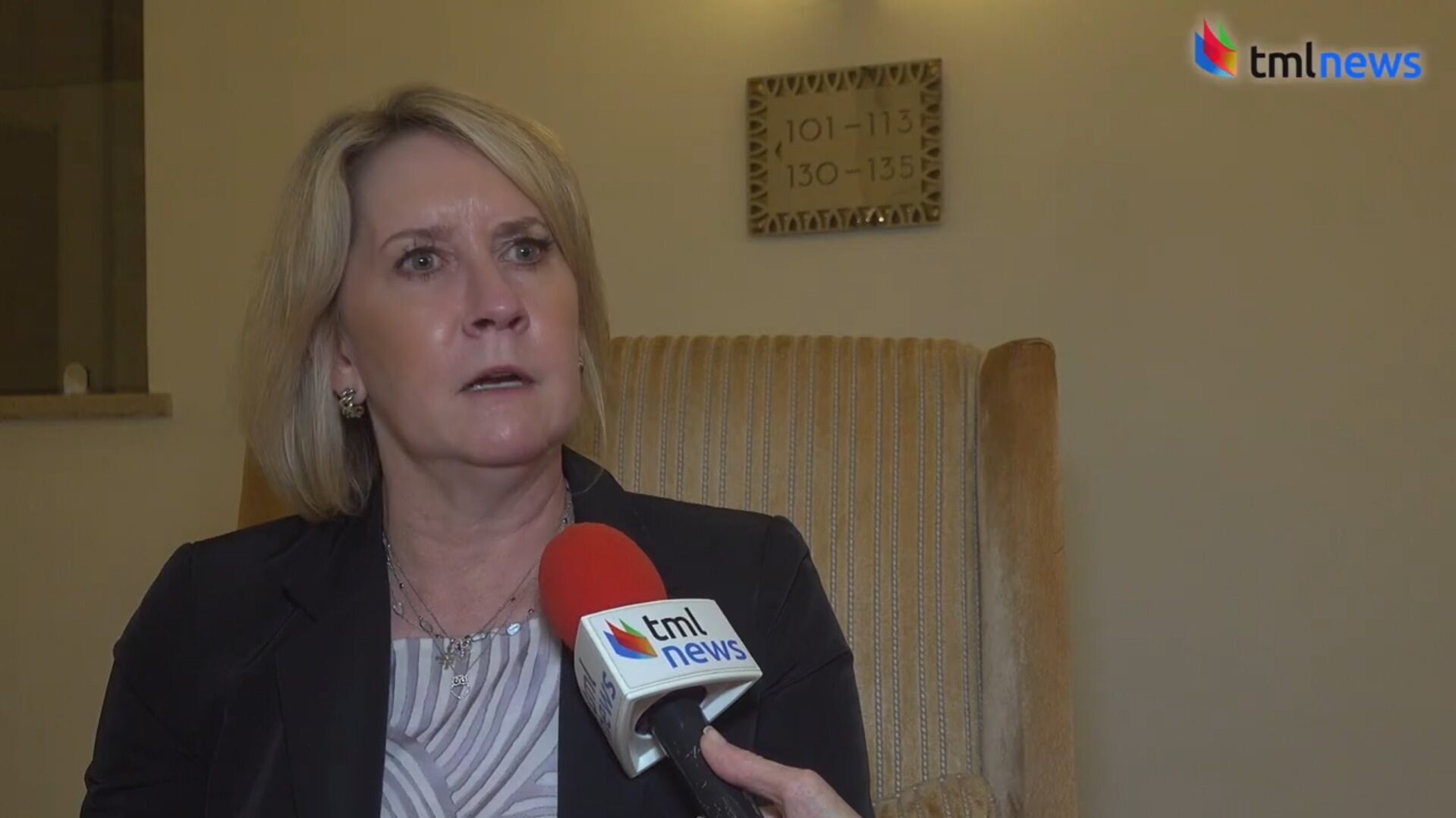Former Trump Official Criticizes US-Funded Arabic Media for Promoting Opposing Narratives
In an interview with The Media Line’s Felice Friedson, Victoria Coates, vice president at the Heritage Foundation’s Davis Institute and a former Trump administration official, warned of a growing ideological war that threatens both US and Israeli strategic interests. Coates, author of The Battle for the Jewish State: How Israel and America Can Win, argues that the battlefield has expanded from Gaza to American university campuses, where she says students are being “preprogrammed” by professors sympathetic to Palestinian causes.
Coates criticized the spread of what she calls the “settler colonialism” narrative, which she believes undermines support for Israel and is turning the US into the next ideological target. She also voiced frustration over Israel’s failure to assert clear narrative victories following past wars, saying that ambiguous messaging has allowed anti-Israel sentiment to fester.
Give the gift of hope
We practice what we preach:
accurate, fearless journalism. But we can't do it alone.
- On the ground in Gaza, Syria, Israel, Egypt, Pakistan, and more
- Our program trained more than 100 journalists
- Calling out fake news and reporting real facts
- On the ground in Gaza, Syria, Israel, Egypt, Pakistan, and more
- Our program trained more than 100 journalists
- Calling out fake news and reporting real facts
Join us.
Support The Media Line. Save democracy.
Reflecting on her brief tenure leading the Middle East Broadcasting Networks, Coates said the US government–funded outlet lacked transparency and failed to communicate American values to Arabic-speaking audiences. She expressed concern that it now promotes content “counter to our interests,” inaccessible to Americans due to a lack of translation.
She added that conservative Middle Eastern societies are being saturated with “very liberal, very woke programming” from networks like the BBC and Sky Arabia. According to Coates, the US must reassert a clear, unapologetic voice in the information space.
Touching on energy and security, she highlighted the vulnerability of Saudi infrastructure to Iranian threats, stressing the global economic impact such attacks could have.
To explore these views and their implications further, read Felice Friedson’s article and watch the full conversation with Victoria Coates.



